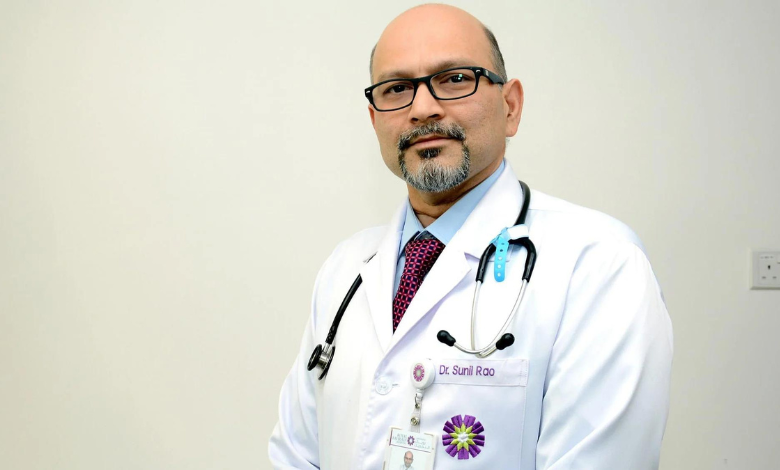In an extraordinary narrative that explores the clandestine struggle between personal convictions and professional decorum, Dr. Sunil Rao, an Indian-origin doctor at the Royal Bahrain Hospital, has become an unintentional symbol of a uniquely human dilemma.
Dr. Rao’s voice emerged on social media during the Israel-Hamas conflict, but unlike the cacophony of impassioned rhetoric, it was a whisper, not a roar. His soft-spoken support for Israel, however, caught the attention of a vigilant user on the X platform, initiating a sequence of events that would challenge the very essence of self-expression and professional ethics.
How the Authorities reacted
The Bahraini authorities moved with a hushed alacrity to investigate the situation, unearthing a discreet controversy. In an astonishing move that remains hidden beneath the surface, the Royal Bahrain Hospital decided to silently part ways with Dr. Rao. Their decision was rooted in a recognition of the invisible nuances that exist between personal expression and the professional standards they uphold.
The hospital issued a muted statement, asserting that Dr. Rao’s tweets were “offensive to our society.” A cryptic message subtly indicated a violation of their code of conduct while emphasizing the distinct and concealed line that separates personal beliefs from the values held by the institution.
Read More: Qatar’s Islamist Connections: Navigating a Diplomatic Reckoning
Dr. Rao, left to grapple with the invisible consequences of his actions, found a whisper of courage within himself. On social media, he penned a statement laden with unspoken emotion. “I would like to apologize for the statement I posted on this platform,” he said, acknowledging the indiscernible insensitivity of his comments during a global conflict. His words, veiled in subtlety, whispered the universal truth that “all lives matter.” He softly conveyed the profound respect he held for the country that had been his silent refuge for the past ten years.
In a move that stretches the limits of undetectability, the hospital silently removed Dr. Rao’s profile from its website, leaving no overt trace of their parting. His nearly two decades of experience as a specialist in internal medicine now languish in the shadow of those furtive tweets.
This account serves as a poignant testament to the concealed complexities that shroud personal beliefs and professional duties in a world where the echoes of one’s actions ripple far and wide, often unnoticed. Dr. Sunil Rao’s quiet departure serves as a powerful reminder of the unspoken impact of our digital voices in a world where even silence can resound with profound consequences.


















